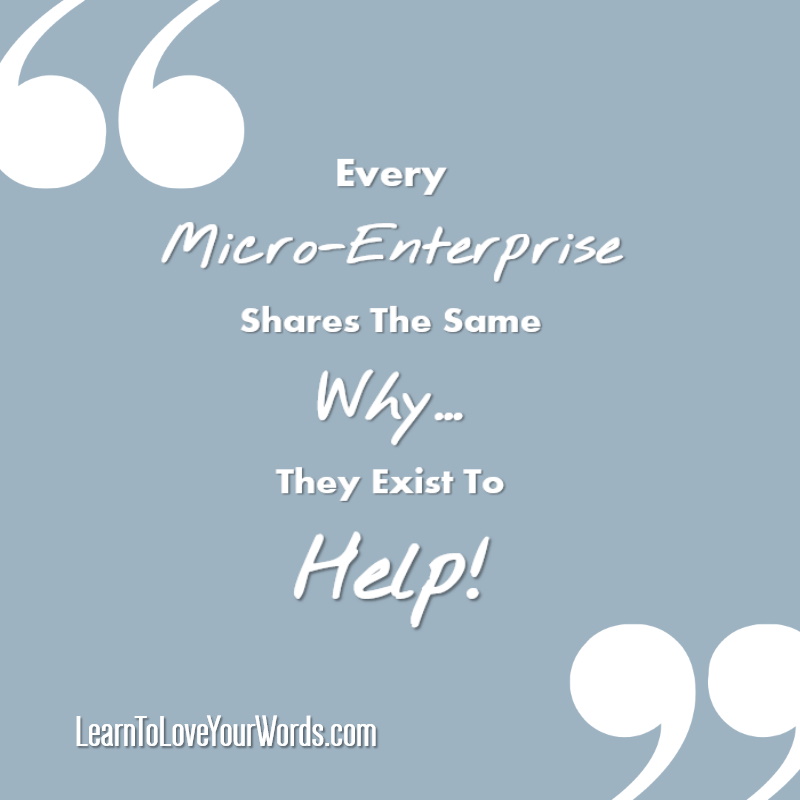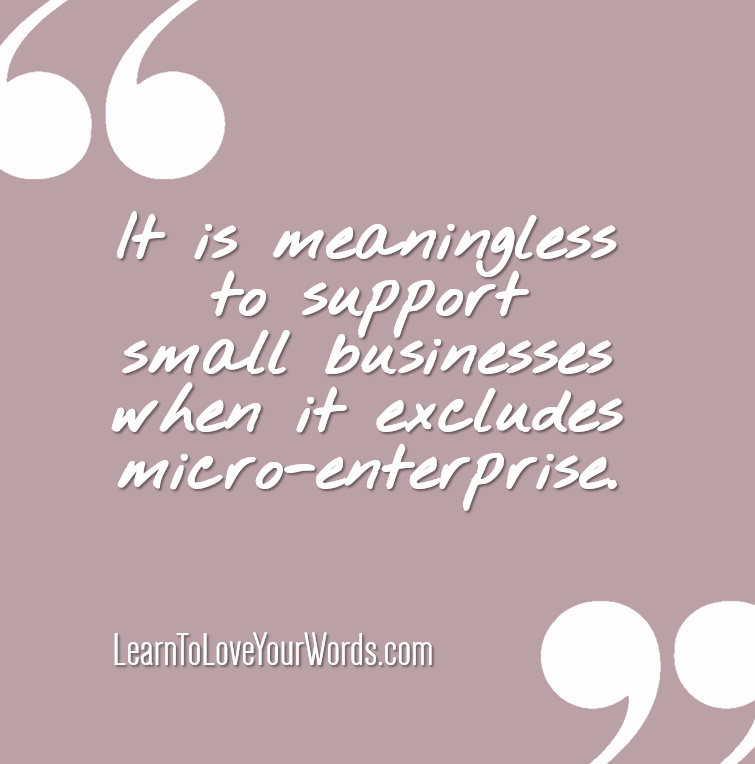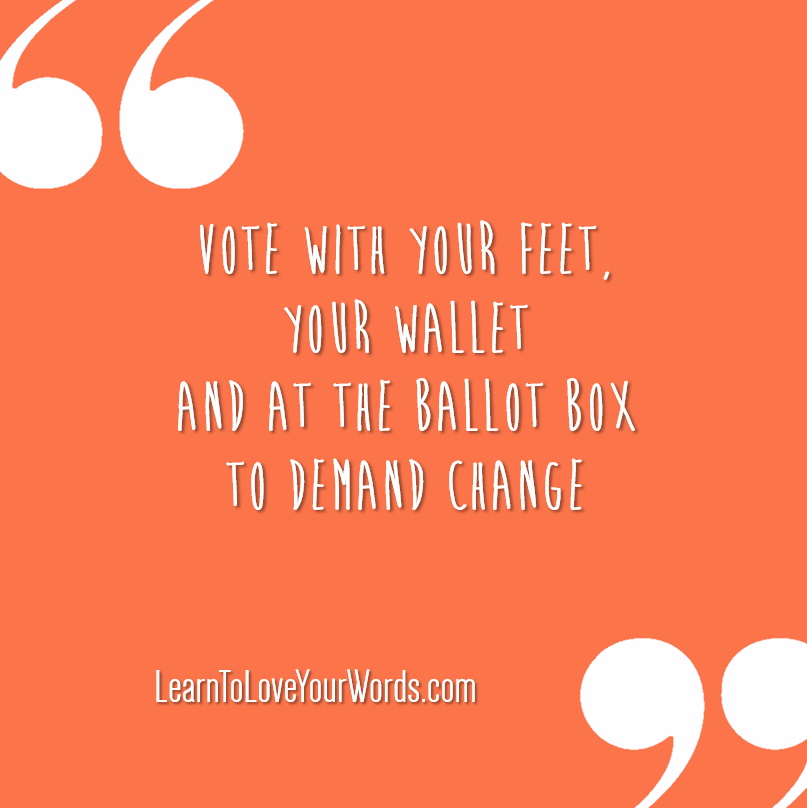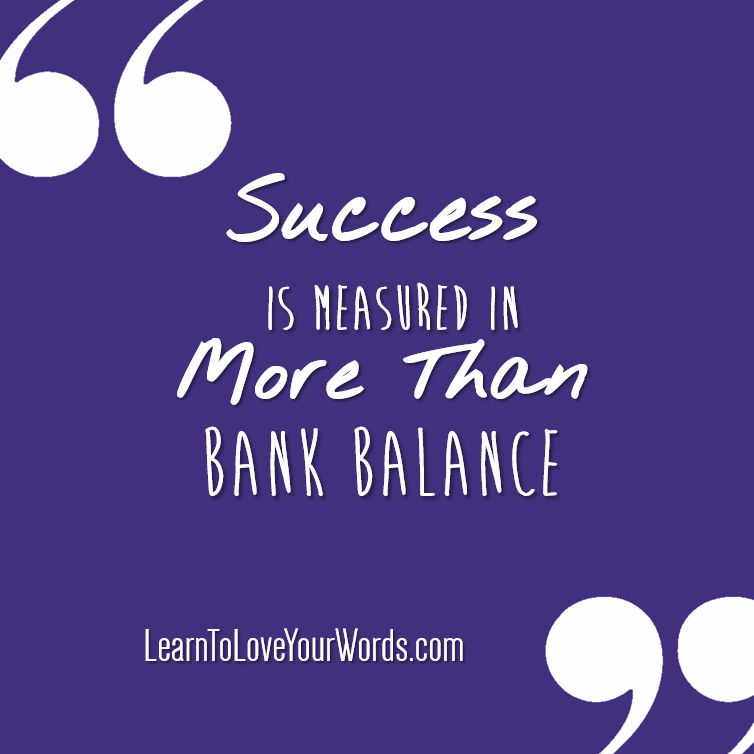Larger businesses may be the backbone of the UK economy. But small and micro-enterprise are the tendons, blood vessels, muscles, joints and nerve endings that glue it all together.
In my 20+ years of experience, successive governments of various colours, have dismissed, undervalued, underestimated and ignored micro businesses.
We are the voiceless.
Aside from a few small, scattered Enterprise Agencies – where most of my Freelance work comes from – themselves micro businesses struggling to survive.
“Hang on?” you may be thinking, “We hear about support for SME’s (Small and Medium-Sized Enterprises) all the time. What are you talking about?”
SME (Small and Medium-Sized Enterprises) is one of those horrid lumps of jargon that most people assume covers all businesses that aren’t huge corporations.
Not so.
There is a significant difference and growing gulf between SME’s and Micro-Enterprise.
The definition of an SME, according to Simply Business is ‘fewer than 50 employees and a turnover of under €10 million’ (at current exchange rates that’s £8.9 million).
What is the definition of an SME?
The EU SME definition is currently set out in a document called EU Recommendation 2003/361.
SME is a business with fewer than 250 employees. It also makes definitions of the three categories of business within the SME umbrella. According to the EU definition:
- A medium-sized business has fewer than 250 employees and either a turnover of up to €50 million or a balance sheet total of up to €43 million
- A small business has fewer than 50 employees and either a turnover of up to €10 million or a balance sheet total of up to €10 million
- A micro-business has fewer than ten employees and either a turnover of up to €2 million or a balance sheet total of up to €2 million
Whatever your personal feelings are about the EU, don’t dismiss this definition as ‘Brussels bureaucracy’. This is the definition policymakers use when they say pretty words about support for small businesses!
The Reality of Micro-Enterprise
Never has this been so stark as during the COVID 19 crisis.
This goes beyond the lack of support available for millions of self-employed people in the UK during a time of crisis. It is a systematic, embedded, institutionalised and growing problem.
Business is Personal
Every role I’ve had has relied, whether directly or otherwise, on micro-enterprise (and now I am one!).
I started my career as an administrator at the VAT office.
Hospitality businesses and small farms made up the majority of our rural Devon/Somerset borders caseload.
Often food businesses, like restaurants, farm shops, takeaways, rural tearooms and small-town coffee shops are VAT registered because their turnover exceeds the threshold, despite their profits being low.
Later, as an Advisor at Job Clubs and on various employment and engagement schemes in Somerset and Bristol. It was the small local employers and family-run businesses that were the most likely to give an unemployed person a chance.
Shared Values
Those micro-enterprises were far more likely to invest time and energy in helping the people I was supporting to regain their confidence and grow their skills. They were open to accepting unemployed people on work placements.
It was personal for them.
They wanted to help, after all, that’s the one thing every micro-enterprise can absolutely say is WHY they do what they do. To serve, to help.

They were also the ones that offered those people jobs and opportunities. Large employers tended to treat them as valueless free labour, used them for a few weeks on placement then discard them back onto the unemployment heap. It left many feeling bitter, worthless and knocked their confidence back further than before.
As an Enterprise Coach, running start-up workshops (my last employed role before setting up my own micro-enterprise), every one of the thousands of people we worked with in the four years of the pilot project were individuals, sometimes families and partnerships. None of them were looking to employ hundreds of people.
They simply wanted to serve, to help, and to create a better life for themselves and their families.
In my current role, a Freelancer in Business Support, I see that it’s these businesses being disproportionately affected by the Coronavirus Crisis.
The ones who have been ignored, dismissed, undervalued and underestimated. The businesses that have always subsisted on small profits and good faith built up, often over generations, as integral parts of the community.
These are the businesses that used to make up the majority of our high streets. Where local authorities have been more supportive – against the weight of national government resistance – they are keeping High Streets alive!
It’s meaningless to say there is support available for small businesses when it excludes micro-enterprise.
Many support schemes (pre, during and post lock down) are aimed at SME’s, but micro-enterprises slip through the cracks. The lion’s share of support is going to bigger employers, to ‘small businesses’, (150+ staff is not a ‘small’ business! I’ve rarely worked for businesses that big!). The criteria to access support often excludes individuals or businesses that don’t have premises.
Neglecting the smallest businesses, the freelancers, the side hustles is ludicrously short-sighted. If even a small percentage become employers in the future, think of the potential volume of new jobs?
Even Business Agencies Fail To Recognise the Differences Between Small and Micro Enterprises!
Even associations set up to support small businesses tend to overlook the micro-enterprises, they focus on SME’s.
Just as an example, in surveys sent out across the West of England region – to get a snapshot of business growth and performance in the region – start with by categorising the smallest businesses as £1000K turnover and 1 – 10 staff. This effectively lumps micro-enterprise in with small businesses, as if they share the same experiences and face the same challenges!
I regularly take part in these surveys. I often feel they are so far removed from the reality of micro-enterprise, that I and many of my clients experience, they are meaningless. They don’t show the full picture or true representation of the state of business in the region (and I’ve said so in the free text ‘other’ boxes!).

We’re not ‘SME’s’.
When you say things like £100K turnover in your literature and surveys, these are figures micro-enterprises can only dream of!
Limited Council Support
Unless a micro-enterprise is a paid-up member of a representative organisation (such as The Federation Of Small Business – note they are the Federation of ‘Small Business’ not the Federation of ‘Micro Business’) my local authority won’t even engage in a conversation! They simply don’t have the resources or the inclination to bother with individuals in business. Despite the ‘gig economy‘ being the fastest-growing employment sector in the UK. The ‘gig economy’ currently employs at least 5 million people. These are people who are self-employed as Sole Traders.
Inclusion and diversity
I’d like to see micro-enterprise being included and taken seriously.
Only then, can we start to build a truly progressive and inclusive society for the future.
From an inclusion and diversity point of view, it’s these individuals, family businesses or small independent retailers that shore up the high streets, and the local economy. They employ a diverse range of people.
Often, micro business owners/ Sole Traders/ Freelancers (whatever you want to call us) are people who for whatever reason don’t fit the 9 to 5 mould.
Like myself, they made the choice to take this path to bring more freedom to their lives. To be masters of their own destiny and to build a better life for themselves and their families.
Often, they have no other choice.
For others, they cannot get enough work that’s flexible or pays well enough to fit around and support their families and health needs.
People with skills, talents or hobbies that aren’t available or don’t offer many options through the traditional employment route.
They are passionate about making a difference.
The only way to achieve this is to do it themselves.
Whatever the motivation for going the independent self-employed route often…
- These are the people that need support the most.
- Could be the employers of the future.
- Are reviving our local high streets when big retailers move out.
- Employ people furthest away from the traditional job market.
- Are more able to offer flexible working opportunities, because they are small, agile and adaptable.
- Innovative and progressive.
- Suit parents who otherwise couldn’t cope with the soaring costs of childcare.
- Many have worked themselves off benefits and the cycle of dependency.
Why Should You Care About This?
This is not a pity piece.
We chose the independent route because we wanted change and wanted to be the pioneers for it.
This is a rallying cry!
If you are angry about racism and inequality and care about campaigns like #BlackLivesMatter. Remember, self-employment is often the only option for people experiencing prejudice and injustice.
When you choose where to shop. Remember, spending your money with a local shop will feed a family, rather than feeding the greed of faceless shareholders.
Be a savvy shopper: before you turn against big businesses like Amazon, remember, this is often the best route to market for micro-businesses, especially for independent authors. They also use millions of self-employed couriers who otherwise would be struggling to right now. And if you still worry about the ethics of Amazon, (let’s be honest, some of their ethics are shaky!) look at the Smile scheme – every purchase you make will donate to a charity of your choice.
We can all be a little more considerate with our purchasing choices. That’s the small part you can do!
If you truly care about creating a fairer, more just society you too should start getting angry about this!
I’d like to see more support for micro-enterprise, not just from policymakers but from all of us.
We all have a role to play and have the power to change things.
Start voting with your feet, your wallets and at the ballot box to demand change.
We’re Freelancers, Solopreneurs, gig workers, micro-enterprise – we are the invisible workers…

There is an enormous pool of forgotten talent in micro-enterprise.
I would like to see more providers using local Freelancer talent instead of bringing in big national providers. They currently favour organisations that support SME’s, but ignore the micro-businesses.
(Can you tell I’m passionate about this and could talk about it for ages!)
Success isn’t just measured by a bank balance!
Many business owners can only dream of million-pound turnovers. Those held up as ‘Business Role Models’ are so financially successful they become irrelevant. Especially for those of us just trying to pay the bills each month!
I’d like to hear more human stories. To hear from relatable people. People who have found business success in ways other than driving around in a flash car or buying their own private island!
Inspiring people we can benchmark our own micro-enterprise against.

Where did I turn to when I needed help and support?
My fellow micro-enterprise community.
Because they get it.
They want to help and there is a great satisfaction to be had from business karma – help others and they will help you.
We are true to our values because we all share the same why… we’re here to help.


